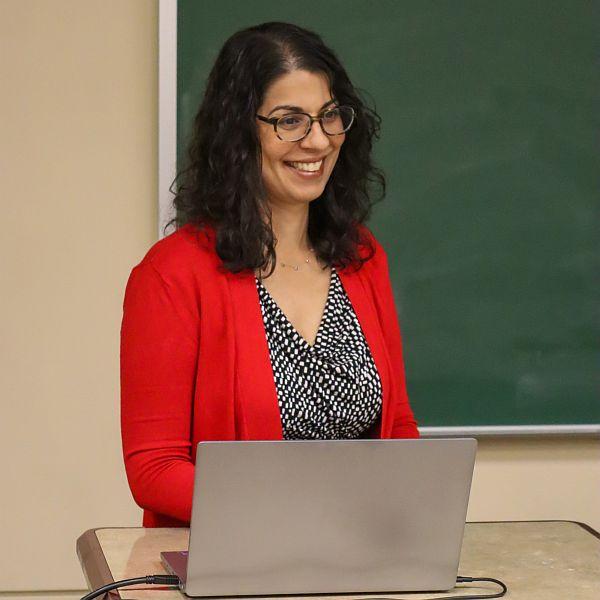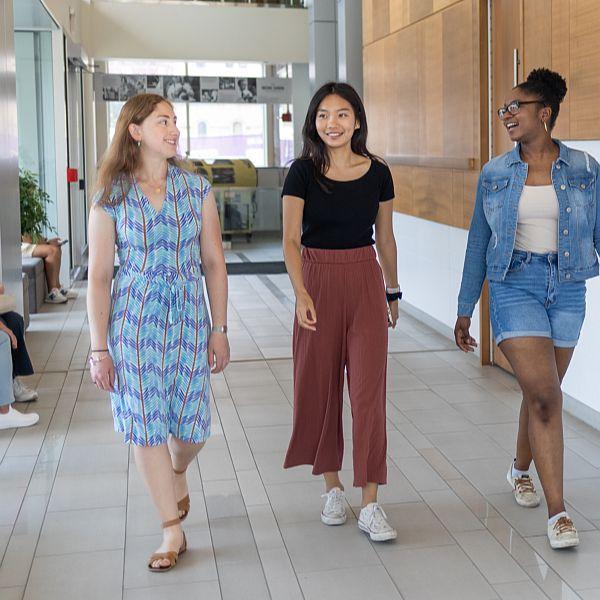
Meet Our Faculty
Meet our faculty who expertly guide the education, professional development, scholarship, research, and service-learning activities relevant to the disciplines within HPM.
MHA Program Ranked #14 by U.S. News and World Report
The MHA program continues to excel as a national leader and maintains Pitt’s place as the highest-ranked program in Pennsylvania.
MPH Program Ranked 14th in the Nation
Pitt’s MPH program remains a top destination for graduate students looking to serve as positive changemakers within the field of public health.



News

Greater numbers of younger people got permanent contraception after Dobbs decision, study finds
“Findings from this research highlight the indirect effects of Dobbs on the reproductive autonomy of young people,” said lead study author Dr. Jackie Ellison, assistant professor of health policy and management.

Pitt Med celebrates Women’s History Month
Professor of medicine Jenny Lo-Ciganic sees Julie Donohue, chair and professor of health policy and management, as a role model.

How quickly could measles outbreak spread? Here’s what ‘worst-case scenario’ looks like
Now that there’s a measles outbreak in Florida, Mark Roberts, professor of health policy and management, is considering updating his simulator to show the measles risk in Florida post-COVID pandemic.


